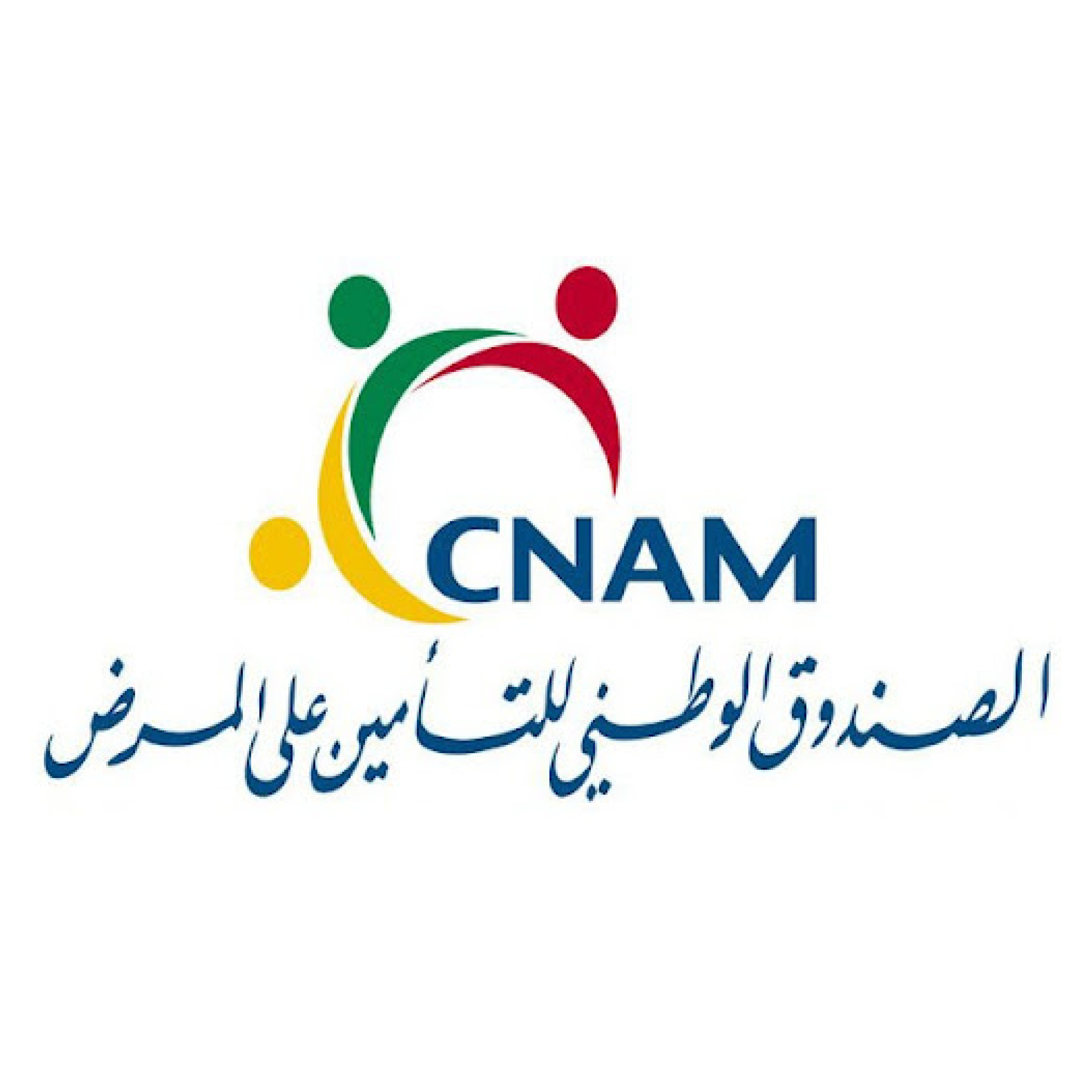Pension systems in the Middle East & North Africa (MENA) have almost 100% been modelled and run solely as Pay-As-You-Go (PAYG) Defined Benefit funds for the last 80 years or so.
In the last two decades, pension funds have faced increasing challenges stemming from accelerated demographic changes, geopolitical issues, economic shifts and public crises.
As they stand today, public pension funds in several MENA countries are facing both adequacy and sustainability challenges.
As a result, many governments have initiated reform projects, some by merging existing funds, others by creating new funds, others by changing parameters and benefits of current funds, and very few have actually begun to think outside the box.
The real “to be or not to be” dilemma of pension systems in the region has been their political economy’s will to innovate and diversify pension savings beyond PAYG government pension funds.
What lies ahead amidst these changes? How can we ensure a resilient, prosperous, and sustainable future for retirees in the Arab world?
The Arab Pension & Social Insurance Conference (APSIC) brings together top Arab pension officials, board of directors, executive directors of social insurance administration, pension actuaries, labour and social protection specialists, longevity experts, pension investment directors, pension fund risk managers, IT directors, senior government directors and trade unions to exchange views and best practices on the most topical issues in the pension landscape.
This year’s themes:




COMING SOON
Sponsors of the conference enjoy exclusive networking opportunities with an elite group of high-level executives, advisors and industry specialists. Get the biggest visibility at the region’s best attended financial event!
Why Sponsor or Exhibit at this conference?
Sponsoring or exhibiting at our conference is an exceptionally powerful way to increase the business profile of your organisation, raise brand awareness and generate high-quality leads. The following packages are available:
If your company would like to be a partner or an exhibitor at this conference, please contact events@menamoney.org
COMING SOON
COMING SOON
No Post Found
Why speak at this conference?
If you’re an expert in any of the session topics published here and have a case study or experience with a certain interesting project, we’d like to hear from you. Please contact events@menamoney.org
COMING SOON
Enjoy discounted prices for hotel accommodation near the venue! We’ve found amazing hotels and negotiated the best price for you.
Book through info@hotela.com or +12 3456 7890

Book through info@hotelb.com or +12 3456 7890

Book through info@hotelc.com or +12 3456 7890

18th floor Nordic Tower,
Building 79, Road 2802,
Block 429, Seef Business Area,
Kingdom of Bahrain.
© Copyright MenaMoney 2024 All Rights Reserved.